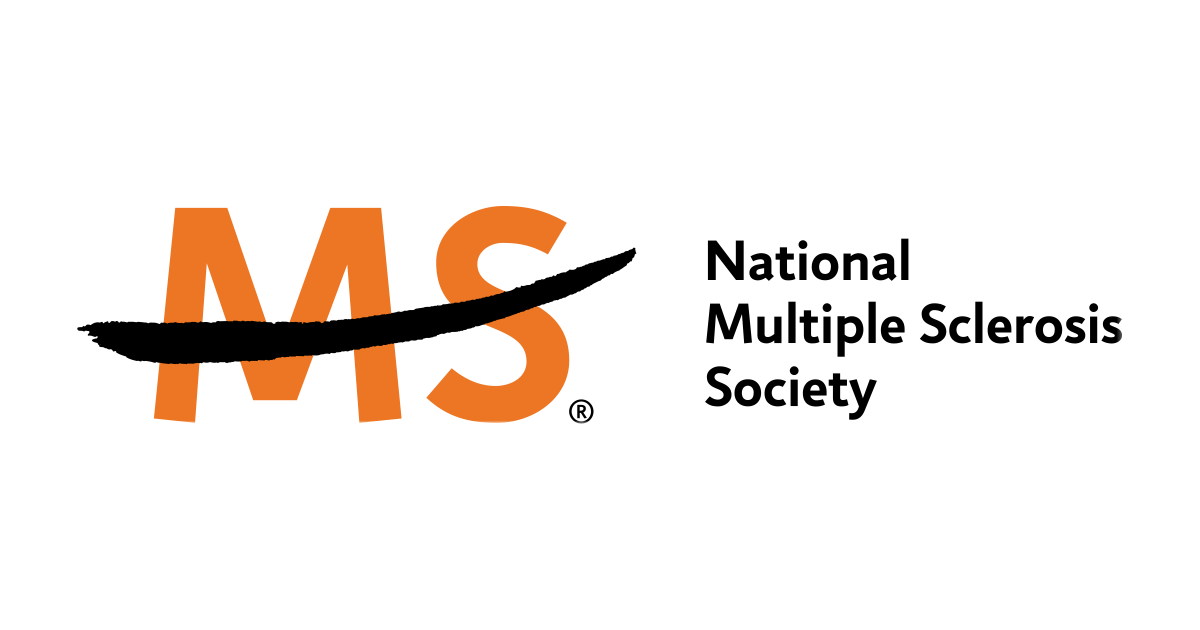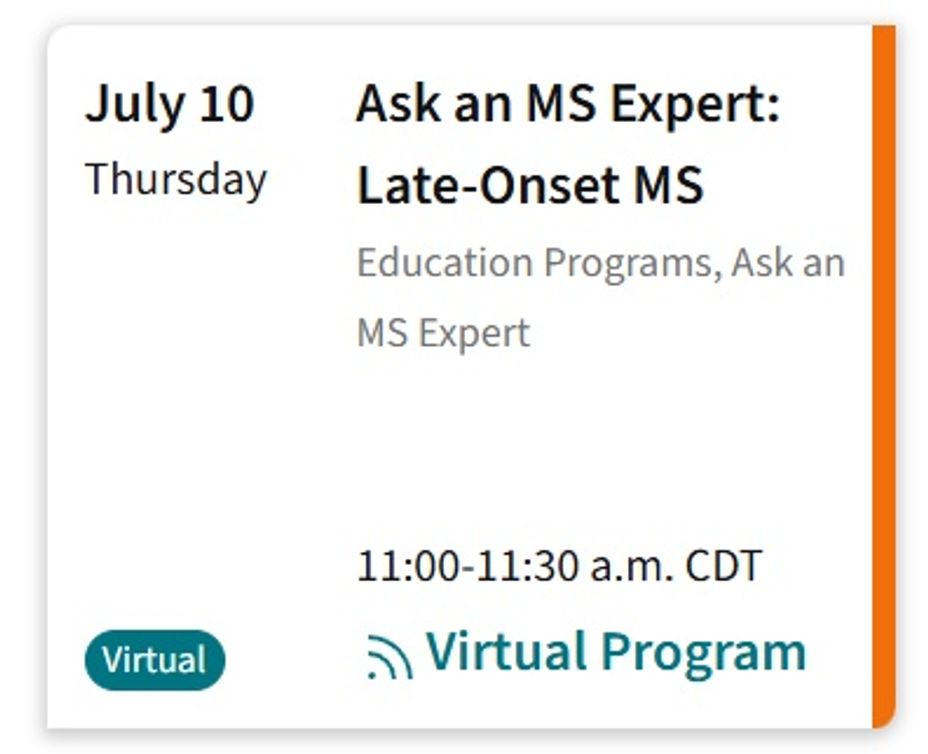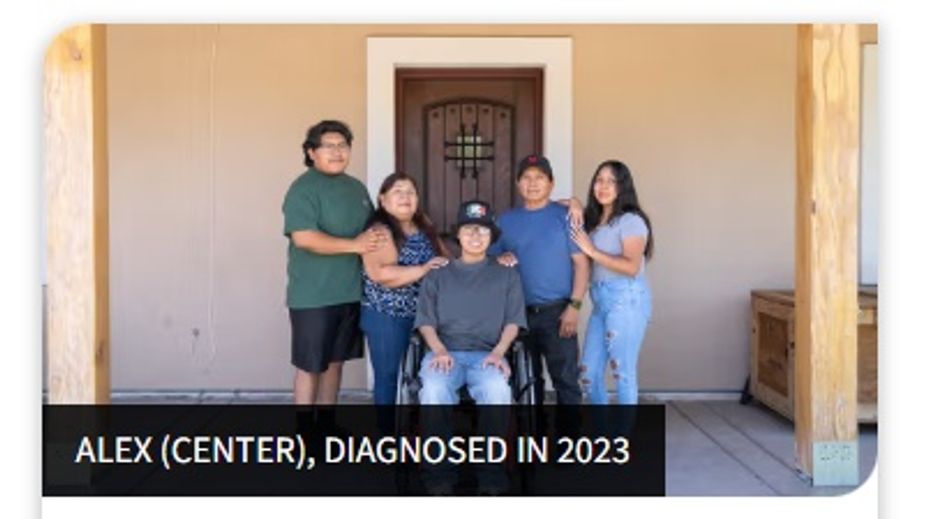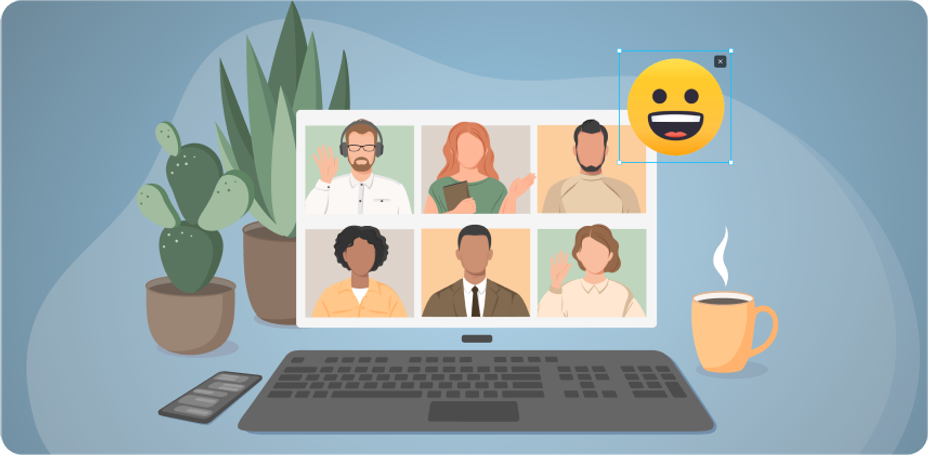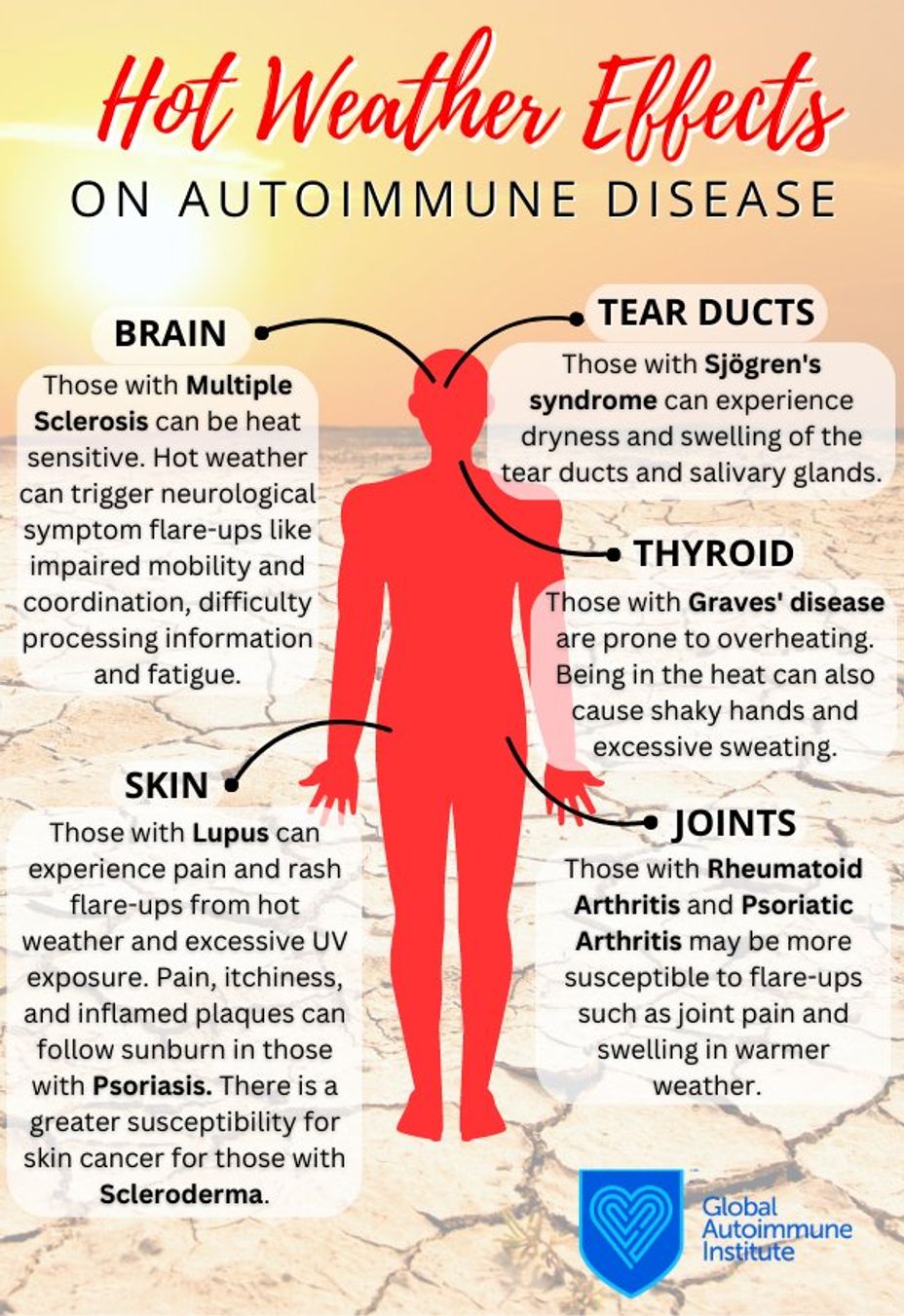Today's weekly Ask an MS Expert program is about Late-Onset MS, 11 - 11:30 AM Central Time
Streaming on Facebook, YouTube and Twitch.
The website also has recorded episodes on a long list of topics like how to tell loved ones; off-label treatments; job incentives and long-term financial planning; sleep health; Spanish-language programs and a lot more.
www.nationalmssociety.org/resources/get-support/education-pr...
#MultipleSclerosis #MightyTogether #newlydiagnosed #Disability #Caregiving #autoimmune
